Prime Minister Benjamin Netanyahu doubled down Sunday on Israel’s categorical rejection of a Palestinian state and insisted that Hamas must be fully dismantled before any rebuilding of Gaza can begin — even as the Trump administration signals it may abandon key elements of its own post-war plan, throwing U.S.–Israel coordination into crisis.
Speaking at the opening of the weekly cabinet meeting, Netanyahu delivered one of his bluntest repudiations yet of international proposals for Palestinian statehood.
“A Palestinian state — our opposition to a Palestinian state on any territory west of the Jordan River — remains firm and unchanged,” he said. “I have been pushing back against these attempts for decades… I do not need reinforcements, tweets, or lectures from anyone.”
Ron Dermer, who resigned as strategic affairs minister last week, participated in the discussion despite his departure, highlighting the growing friction within Israel’s political and security establishment.
Netanyahu warned that Gaza would be completely demilitarized and Hamas eliminated. “There will be no such thing as a lack of demilitarization in the area still held by Hamas,” he said. “In the 20-point plan and in every other framework, that area will be demilitarized and Hamas will be dismantled — either the easy way or the hard way.”
He added that U.S. President Donald Trump “expressed the same sentiments.”
But despite their public alignment, a rift is widening between Washington and Jerusalem over what comes next in Gaza.
According to an Israeli report, the Trump administration is considering scrapping the stage of its peace plan that would deploy a multinational stabilization force to Gaza to disarm Hamas — a central pillar of the U.S. 20-point framework that Netanyahu endorsed alongside Trump in September.
The move appears driven by U.S. difficulties securing commitments from foreign militaries willing to take part in Hamas disarmament. “Interim solutions” are now being discussed in Washington, an Israeli security source told Channel 13 — solutions Israel considers unacceptable.
A U.S.-drafted UN Security Council resolution set for a Monday vote includes the full 20-point plan and authorizes member states to “establish a temporary International Stabilization Force,” with a mandate lasting through 2027. Several countries have expressed willingness to contribute troops, but only if a UN mandate is in place.
Israel, anticipating the resolution’s passage, has begun initial preparations for the influx of thousands of foreign soldiers into Gaza, according to Kan. But most countries willing to join the ISF have reportedly said they will not forcibly disarm Hamas, agreeing only to act as peacekeepers — a red line for Israel.
Netanyahu’s forceful remarks come amid a resurgence of global diplomacy seeking to tie the Gaza ceasefire to a pathway toward Palestinian statehood.
On Friday, the United States organized a joint statement with Qatar, Egypt, the UAE, Saudi Arabia, Indonesia, Pakistan, Jordan and Turkey, backing the Security Council resolution and stressing that it “offers a pathway to Palestinian self-determination and statehood.”
A separate UN draft circulated Thursday on a proposed International Security Force in Gaza also referenced Palestinian statehood, further alarming far-right Israeli lawmakers who spent the week pressing Netanyahu for a public reaffirmation of his long-standing opposition.
Complicating matters further, Russia — a veto-wielding power — has introduced a competing resolution at the Security Council. The Russian draft welcomes the ceasefire but avoids naming Trump and does not authorize any international force. Instead, it asks the UN secretary-general to merely study the feasibility of such a deployment.
The diplomatic maneuvering prompted a phone call between Russian President Vladimir Putin and Netanyahu, initiated by Moscow. According to both governments, the two leaders discussed Gaza, Iran’s nuclear program, and Syria.
Netanyahu’s remarks signal that Israel is poised for a collision not only with its critics but potentially with its closest ally.
On one side, the United States and an unprecedented coalition of Arab and Muslim-majority states are pushing forward a plan that ties reconstruction to political concessions. On the other, Netanyahu is drawing red lines: no Palestinian state, no rebuilding until full demilitarization, and no “interim solutions” that leave Hamas intact.
(YWN World Headquarters – NYC)

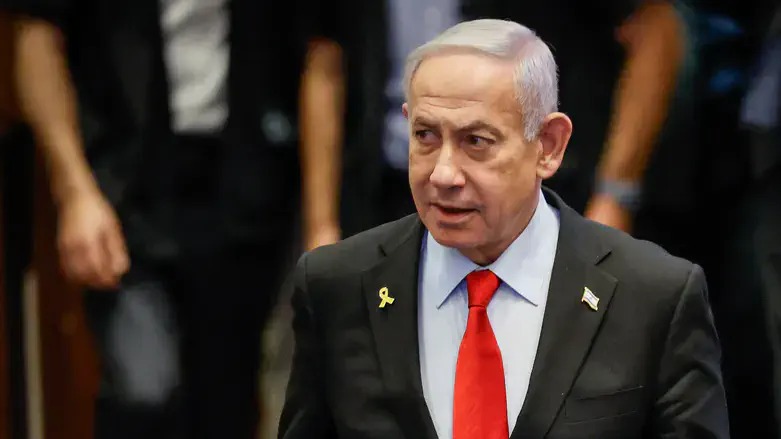



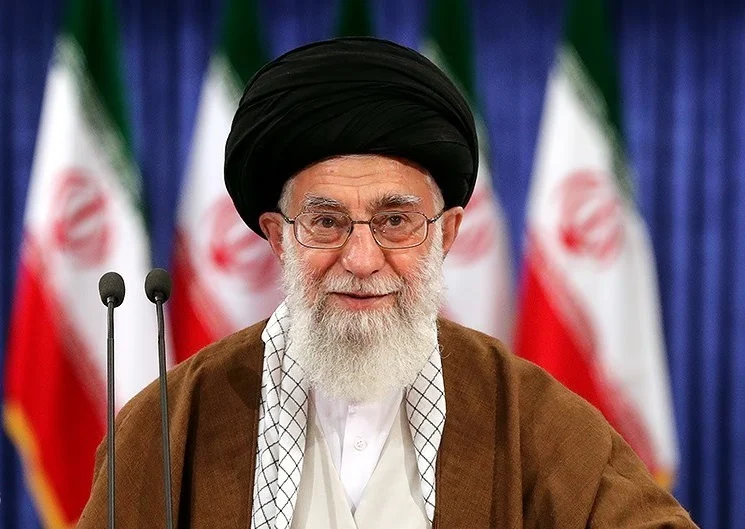
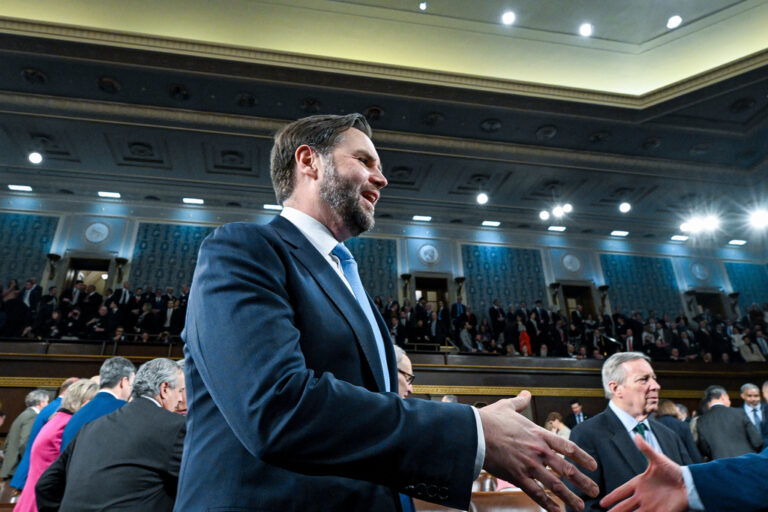
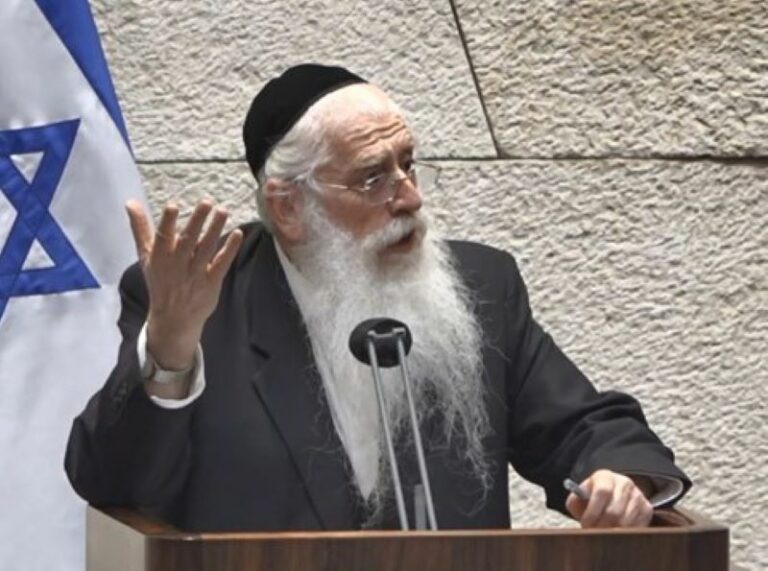


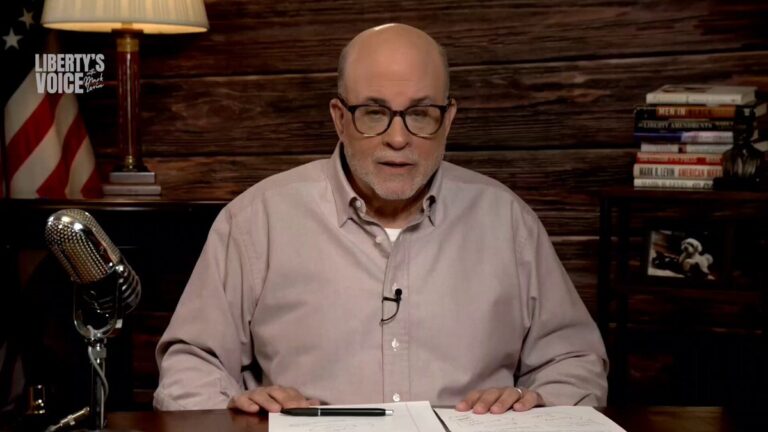
3 Responses
Bibi – stand strong for what is right!! Everyone else only has their self serving interests in mind. Trump just wants to go down in history for signing “peace” deals. SIGNING is zero if it won’t last forever. Israel has learned the very hard way that there is NOONE on the “Palestinian” side to work with. Give them a state without FULL disarmament? So how long until the next massacre c’v? 1 year, 5,10,20? These animals are extremely patient in their vicious schemes. Israel must act accordingly to protect it’s borders until Moshiach comes!
Netanyahu had 2 years to “demilitarize” Gaza and he failed. And the reason for this was the only way they had to destroy Hamas was by trying to kill them off and this failed for 2 reasons, 1. many of the Hamas fighters didn’t join the fight instead putting in civilian clothes and leaving when Israel came into an area, and 2. Hamas was able to replace the dead fighters faster than Israel was able to kill them them, as a higher up officer in the IDF said. So him talking as if Israel is capable of disarming Hamas against their will is deluded and the rest of the world understands this, most importantly Trump himself who asked Netanyahu in his speech to the Knesset “how much longer were you going to fight them, for another 5 years?”
How do you destroy an ideology? That’s one reason you can’t beat Hamas unless it’s taking care of the whole population there which obviously can’t happen. So the best you can do is push them into a corner